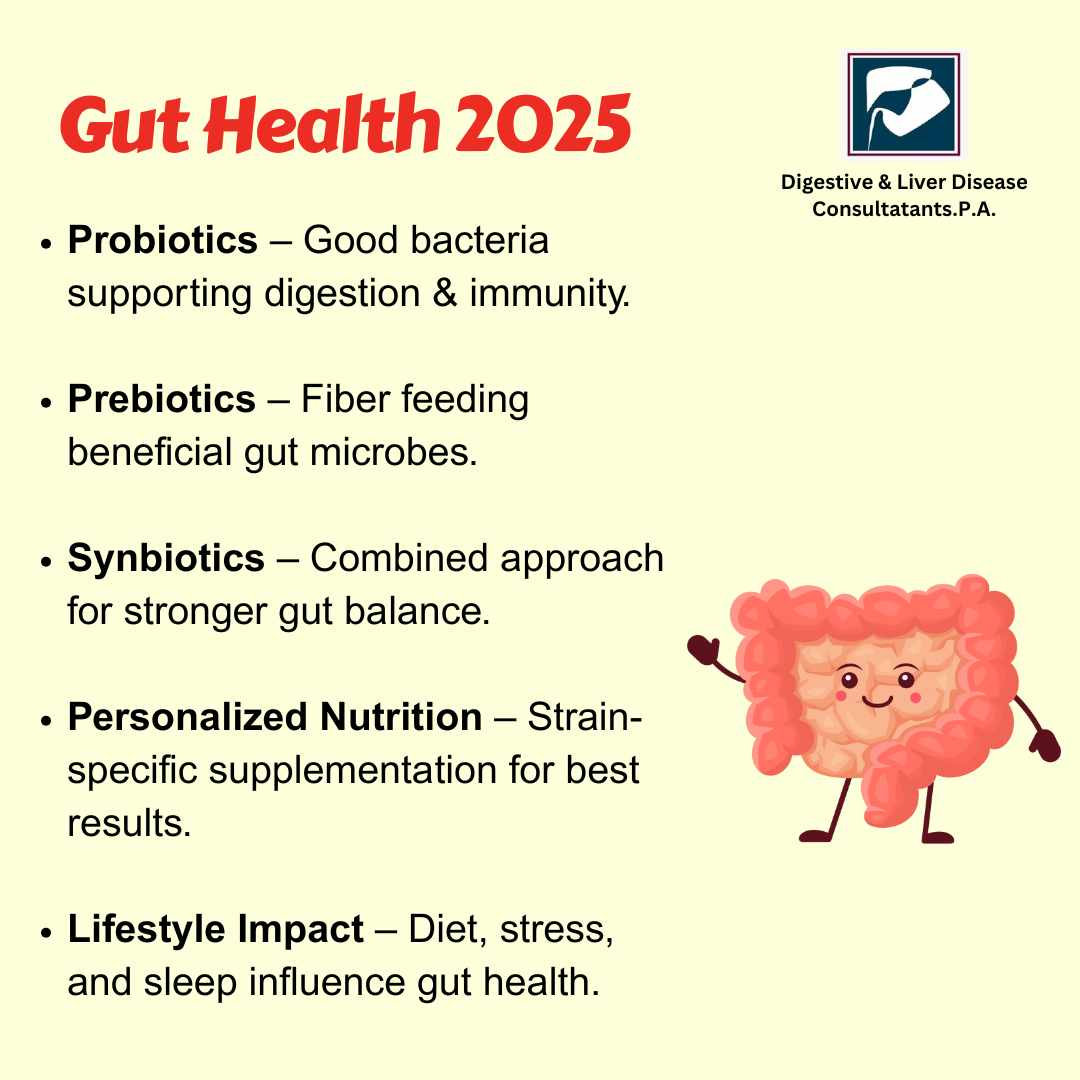Maintaining a healthy gut has become a major focus in modern medicine. Your gut is not just responsible for digesting food. It plays a critical role in your immune system, mental health, and overall wellness. In recent years, probiotics have gained popularity as a natural way to support gut health. But now, the conversation is moving forward to synbiotics, which could redefine digestive wellness in 2025.
Understanding Probiotics
Probiotics are live bacteria and yeasts that are good for your digestive system. They are often called "good bacteria" because they help balance your gut microbiome, which is the community of microbes living in your intestines. Probiotics are commonly found in fermented foods like yogurt, kefir, sauerkraut, and certain dietary supplements.
Studies show that probiotics can support digestion, reduce symptoms of irritable bowel syndrome (IBS), boost immunity, and even improve mood. Despite their benefits, probiotics alone may not be enough for some people, especially those with chronic digestive disorders or a disrupted gut microbiome.

The Next Step: Synbiotics
Synbiotics are the next evolution in gut health. They combine probiotics with prebiotics, which are natural fibers that feed the good bacteria in your gut. This combination enhances the survival and activity of probiotics, allowing them to work more effectively.
Prebiotics are found in foods like garlic, onions, leeks, bananas, and whole grains. When combined with probiotics, they create a supportive environment for gut bacteria to thrive. This can lead to better digestion, improved nutrient absorption, and a stronger immune system.
In 2025, synbiotics are expected to become a key part of digestive health strategies. Researchers are developing more advanced synbiotic formulations that target specific gut bacteria and address individual health needs. Personalized synbiotics may soon become a standard recommendation for patients with chronic digestive disorders.
Benefits of Synbiotics
Enhanced Gut Health
Synbiotics improve the balance of beneficial bacteria in the gut, reducing harmful bacteria and supporting overall digestive function.
Better Digestion
People who experience bloating, constipation, or irregular bowel movements may notice improvements with synbiotics, as they help maintain a healthy gut lining and regular digestion.
Improved Immune Function
A healthy gut directly impacts your immune system. Synbiotics help regulate immune responses, which may reduce the risk of infections and inflammation.
Mental Health Support
The gut-brain axis links the digestive system with the brain. Synbiotics can influence mood and cognitive function by promoting the production of neurotransmitters like serotonin.
Personalized Nutrition
Advanced synbiotic therapies may be customized to match an individual’s gut microbiome, providing more targeted benefits compared to general probiotics.
How to Incorporate Synbiotics Into Your Diet
You don’t need to rely solely on supplements to enjoy the benefits of synbiotics. Incorporating certain foods into your daily diet can naturally boost your gut health.
Fermented Foods: Yogurt, kefir, kimchi, miso, and sauerkraut provide probiotics.
High-Fiber Foods: Garlic, onions, bananas, asparagus, and whole grains act as prebiotics.
Synbiotic Supplements: Look for high-quality supplements that combine probiotics and prebiotics for maximum effectiveness.
It’s important to start slowly and observe how your body reacts. Not all strains of bacteria work the same for everyone, so professional guidance can help identify what is best for your specific digestive needs.
Why Digestive & Liver Disease Consultants, P.A. Is a Trusted Choice
Digestive & Liver Disease Consultants, P.A. is a leading provider of digestive healthcare in the United States. With a team of experienced gastroenterologists, hepatologists, and nutrition specialists, the clinic offers comprehensive care tailored to each patient.
The team focuses on advanced diagnostic tools, personalized treatment plans, and the latest developments in digestive medicine. Whether you are dealing with chronic digestive disorders, liver conditions, or seeking guidance on gut health and nutrition, Digestive & Liver Disease Consultants, P.A. combines clinical expertise with compassionate care.
Patients benefit from a multidisciplinary approach that includes dietary guidance, cutting-edge therapies, and ongoing monitoring. This makes the clinic an ideal destination for those looking to optimize their gut health and overall wellness.
Gut Health in 2025: What to Expect
As research continues, the future of gut health looks promising. Synbiotics will likely play a central role in preventive care and treatment for digestive disorders.
Emerging trends include:
Personalized Synbiotic Therapy: Tailored supplements based on microbiome analysis.
Functional Foods: Everyday foods fortified with specific probiotics and prebiotics.
Integration with Digital Health: Apps and monitoring tools that track digestive wellness and guide dietary choices.
Gut-Immune Health Innovations: Synbiotics designed to reduce inflammation and support immune function.
These advancements indicate that gut health management will become more precise, effective, and integrated into overall healthcare strategies.
Conclusion
The shift from probiotics to synbiotics marks a new era in digestive wellness. Synbiotics offer enhanced benefits by combining the power of beneficial bacteria with the fibers that nourish them. With personalized therapies and advanced formulations, maintaining a healthy gut in 2025 is more achievable than ever.
Digestive & Liver Disease Consultants, P.A. is at the forefront of these developments, providing expert care and guidance for anyone looking to improve their digestive health.






